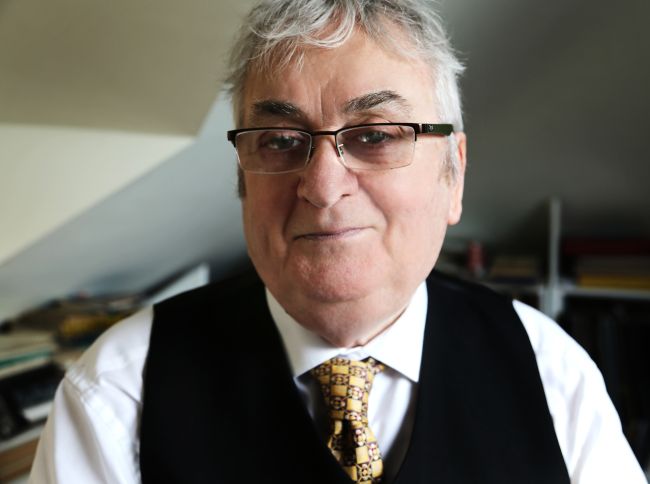
Born on 4 April 1933, Bodley has enjoyed a long compositional career of over 70 years and been the recipient of numerous highly distinguished commissions in Ireland such as his Choral Symphony no.3 Ceol (1980) which opened the National Concert Hall in 1980 and the performance of his Mass of Peace in the Phoenix Park at the Visit of Pope John II to Ireland in 1976. Distinguished commissions abroad include a Missa Brevis for Westminster Cathedral in 2009 and his fourth symphony commissioned by the Arturo Toscanini Symphony Orchestra of Parma, Italy. He has made an enormous contribution to Irish musical life as Professor of Composition in UCD (1959- 2004), an accompanist, soloist and conductor, broadcaster, adjudicator and collector of Irish folksong. He was a founding member of Aosdána, Ireland’s Academy of Artists and is the first composer to be made a Saoi of Aosdána. In addition to numerous performances in Ireland, his music has been broadcast and performed in most European countries, North America, China, Japan, Australia. A performance of Bodley’s Music for Strings composed at the age of 19 and premiered on 10 December 1952 in the Metropolitan Hall by the Dublin Orchestral Players conducted by Brian Boydell (TCD) launched him as a composer. His most recent premiere of Reservoir Voices (2018) was written and performed on his 85th birthday.
Bodley has been described as a chameleon composer because of his eclecticism and range of musical styles from the European avant-garde to Irish traditional music, through all of which can be heard his own distinctive
voice. In the 1960s he was recognised as ‘the principal exponent of post-serial compositional procedures’ (Gareth Cox, Seóirse Bodley, Field Day Press in 2010) The 1970s were characterised by a highly imaginative dialogue between the idioms of Irish traditional music and the European avant garde. A fourth phase in the 80s and 90s embraced Irish and European influences, numerous distinguished public commissions and his final phase from the Millennium has been recognised as a period of remarkable energy and intensity of expression heralded by a seven movement piano work An Exchange of Letters (2002) and his Piano Trio (2014). He has also written Sacred Music, music for numerous film and TV documentaries including James Joyce: Is there one who understands me (1981) and W.B. Yeats. Cast a Cold Eye. His most widely heard work for television is his orchestral arrangement of ‘The Palantine’s Daughter’ which was the signature tune of RTÉ drama series, The Riordains.
